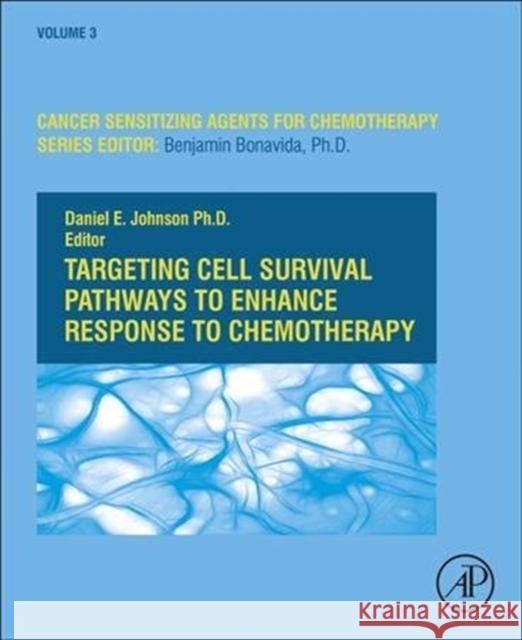Targeting Cell Survival Pathways to Enhance Response to Chemotherapy: Volume 3 » książka
topmenu
Targeting Cell Survival Pathways to Enhance Response to Chemotherapy: Volume 3
ISBN-13: 9780128164327 / Angielski / Twarda / 2018 / 308 str.
Kategorie:
Kategorie BISAC:
Wydawca:
Academic Press
Seria wydawnicza:
Język:
Angielski
ISBN-13:
9780128164327
Rok wydania:
2018
Numer serii:
000811848
Ilość stron:
308
Oprawa:
Twarda
Wolumenów:
01











